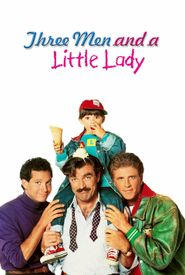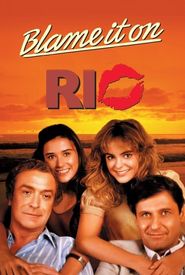Charlie's life story is a testament to his resilience and dedication to his craft. Born on April 22nd, 1951, in Salt Lake City, he was just 10 years old when his father passed away, leaving his single mother to raise him in New York City. Charlie's early life was marked by a nomadic existence, as he attended parochial schools in New York before spending his high school years at the prestigious Stonyhurst College in Lancashire, England.
At Stonyhurst, Charlie rubbed shoulders with future directors and actors, including Charles Sturridge and Edward Duke. He then went on to study theater at the University of Connecticut, where he received a Schubert Fellowship to pursue his passion for playwriting at Carnegie Mellon University in Pittsburgh.
During his time at CMU, Charlie's plays were brought to life by students, including the talented Holly Hunter. He returned to New York City, where he worked as a playwright, and his plays were produced at various esteemed venues, including La Mama ETC, Primary Stages, Playwrights Horizons, The Actors Theater of Louisville, and The Edinburgh Festival.
Despite struggling to make a name for himself, Charlie supported himself by working odd jobs, including as a bookseller, bartender, and paper hanger. His big break came in 1978, when he was brought to Los Angeles by Columbia Pictures as part of a writers program aimed at rehabilitating the studio's reputation.
Charlie's first produced movie, "Paternity," was based on a play he wrote while at CMU, and starred Burt Reynolds and was directed by David Steinberg. He went on to have a dozen other movies produced in the 1980s and 1990s, including "Blame It On Rio," directed by Stanley Donen. Charlie also directed two of his own films, "Passed Away" with Bob Hoskins and "Music From Another Room" with Jude Law and Brenda Blethyn.
Throughout his career, Charlie has worked with some of the most acclaimed directors in the industry, including Robert Mulligan and Bruce Beresford. He has also been fired from several successful films, but has used those experiences to inform his own work. Charlie has taught screenwriting at USC and has had his story published in "I Thought MyFather Was God," edited by Paul Auster.
Charlie's most recent film, "My One and Only," starring Renee Zellweger, was directed by Richard Loncraine. His short play "Striking Out The Babe" has been produced at numerous regional theaters and schools. Charlie currently resides in California and Connecticut, where he continues to work on new projects and share his expertise with aspiring writers.






























